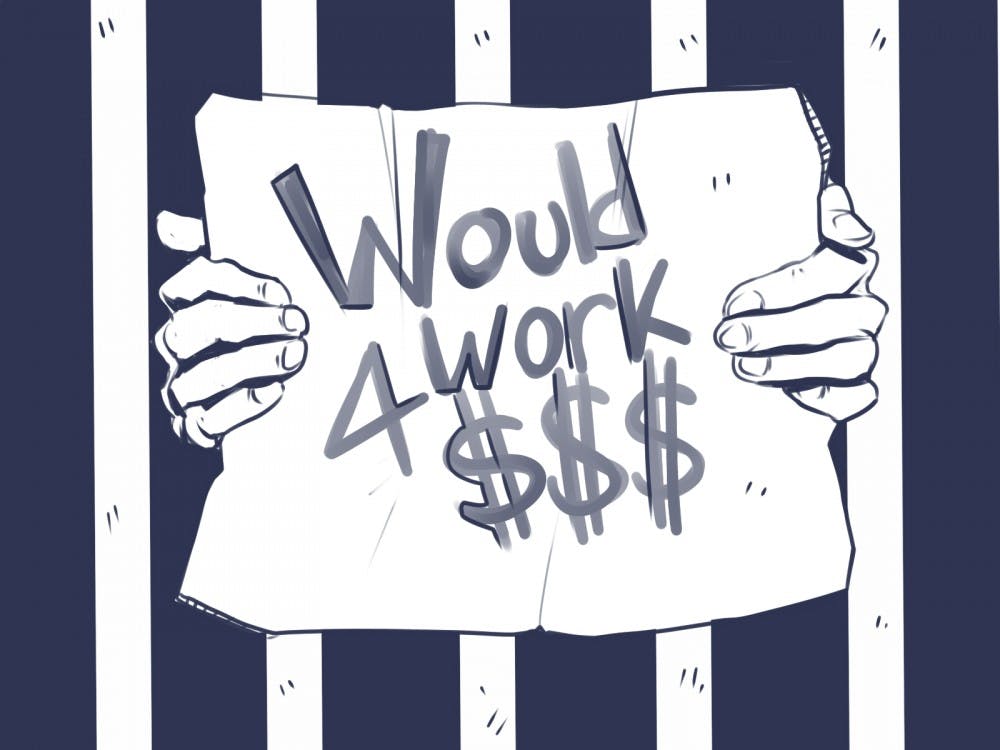One could argue that a debtors’ prison is one of the most illogical social solutions ever utilized.
Not only must the government fund a person’s imprisonment, but the individual doesn’t have any opportunities to work toward obtaining the needed payment for their release.
The freedom from debtors’ prisons might have been a dream the United States founders brought to fruition long ago, but this abuse of those experiencing poverty has reappeared in a subtle way.
Unbeknownst to the general public, the New Orleans circuit court has been utilizing fines and threats of imprisonment to fund a substantial portion of its budget.
Several plaintiffs have brought suit against Louisiana’s Orleans Parish Criminal District Court in a united effort to have their voices heard. The Editorial Board believes this issue is not only a gross mistreatment of those experiencing poverty, but it also speaks to the unjust distribution of funding and taxation our society permits.
Alana Cain, one of the plaintiffs in the class-action suit, shared her story with New York Times journalist Campbell Robertson. After pleading guilty to stealing a ring while cleaning a downtown law firm, Cain was ordered to pay $1,800 in restitution and about $950 in court fines and fees.
For more than a year, Cain kept up her $50 biweekly payment installments. However, after a stretch of joblessness caught her unable to make the payment on time, Cain struggled to pull the funds together.
After informing a collections officer that she would bring the money, she was pulled over with the payment in her pocket and cited for a broken taillight. A warrant was already out for her arrest, and Cain spent the next week in jail before she was brought before a judge.
According to a comprehensive 2012 study conducted by the Bureau of Justice Statistics, the state of Louisiana is responsible for enacting and enforcing policies that detail each public defense office’s revenue, expenditures and workload data. Additionally, the state is held accountable for utilizing this data to improve the system.
Ultimately, these seemingly loose regulations have led to a broken funding system that relies heavily on the fees collected from those that find themselves on the defense in the courtroom.
These defendants are from disproportionately poor financial backgrounds, with more than eight out of 10 qualifying as indigent — an outdated and degrading term the courts generally use when referring to a person in poverty. Though said individuals are supplied with the counsel of a public defense attorney, even these attorneys are paid indirectly via the court fees their clients face.
As a society, we make daily choices concerning where and how public funds will be used. How we utilize these funds says a great deal about our priorities, and the Orleans Parish court system is not entirely unique.
In courts across the country, we deem it acceptable for those in poverty to pay outrageous fines to support their own prosecution, defense and judicial hearings.
The Editorial Board believes there is a tainted justice to be found in such a system.



